Need Sweetener for Tea? Try These 5 Healthy Alternatives
White sugar, this white and sweet powder used as sweetener in most parts of the world, may seem harmless to many, but its excessive consumption is the basis for many chronic diseases. From type 2 diabetes to obesity, hidden inflammation, heart disease, and liver damage, all are direct or indirect consequences of excessive sugar consumption. This
Tea is the favorite drink of millions of people around the world. In most countries with rich tea traditions & cultures, sugar in different forms is consumed with every cup of tea. But if we add a spoonful of sugar to every cup of tea we drink, our health & wellness will be impacted. Fortunately, nature has provided us with sweeteners that are both healthier and give the tea a pleasant taste.
In this article, we will get to know the best organic sweeteners that are healthier alternatives to white sugar.
#1 Stevia
Stevia, a plant native to South America, has been used by the natives for centuries to sweeten drinks and herbal medicines. Its leaf extract is very sweet and only a very small amount will sweeten a glass of drink. Interesting to know, unlike sugar, stevia has zero calories, and at the same time, does not increase blood sugar at all.
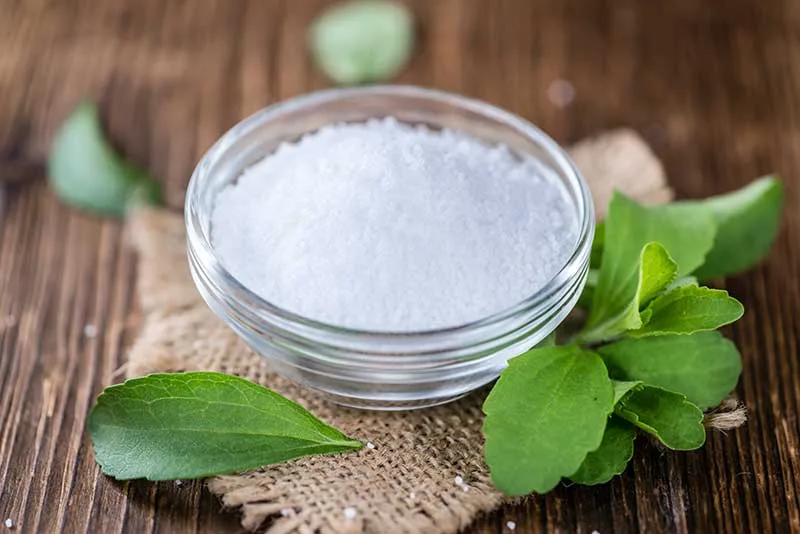
This property alone makes stevia one of the best sugar alternatives for people with diabetes or those on a low-carb diet. Studies have even shown that consumption of stevia lowers blood pressure in people with high blood pressure. Of course, the taste of stevia is a little special and for some people it can leave a slightly bitter taste, but this taste usually comes from unrefined stevia or powdered stevia leaves.
#2 Monk Fruit
If you’re familiar with traditional Chinese medicine, you’ve definitely heard about monk fruit or Lu Han Gu. Monk fruit is a small, round fruit that has been used as a medicine as well as a sweetener in East Asia for thousands of years. The monk fruit extract contains compounds called mogroside. This compound is sweet in taste, about 10 times more than regular sugar. But its moderate consumption doesn’t raise the blood sugar level.
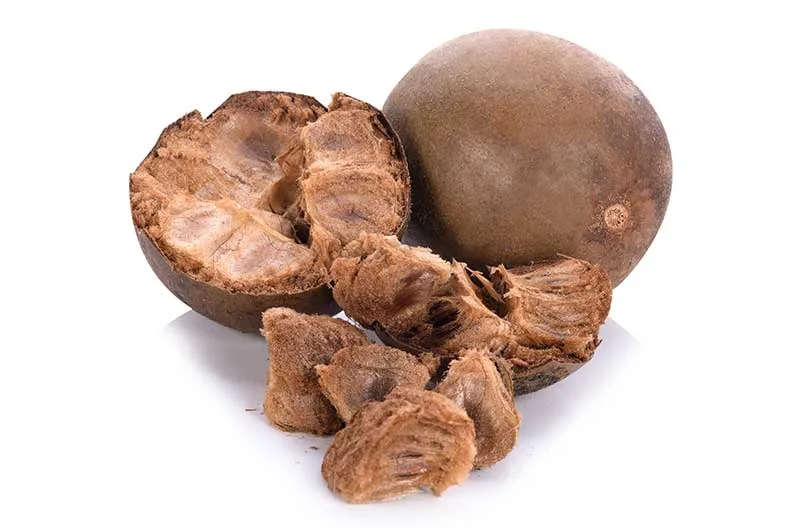
Monk fruit also has zero calories and has no effect on insulin, making it a great option for diabetics or those looking to lose weight. In addition, the mogroside contains antioxidants, which help reduce inflammation. Monk fruit sweetener is available in powder and extract, but commonly, its powder is used as a sweetener for traditional black tea, green tea, or other herbal teas you drink instead of black tea.
#3 Raw Honey
Unlike the honey found on many store shelves, raw honey, also known as organic or natural honey, comes directly from the beehive and has not been heated, refined, or processed. This type of honey not only has a deeper and more pleasant taste, but is also considered a natural source of enzymes, vitamins, minerals, and antioxidants. These compounds make raw honey more than just a simple sweetener. It goes with any hot drink, be it a cup of tea or a hot glass of milk in the middle of winter. Organic honey is also a great addition if you want to add a sweetener to your detox tea to improve your gut health.
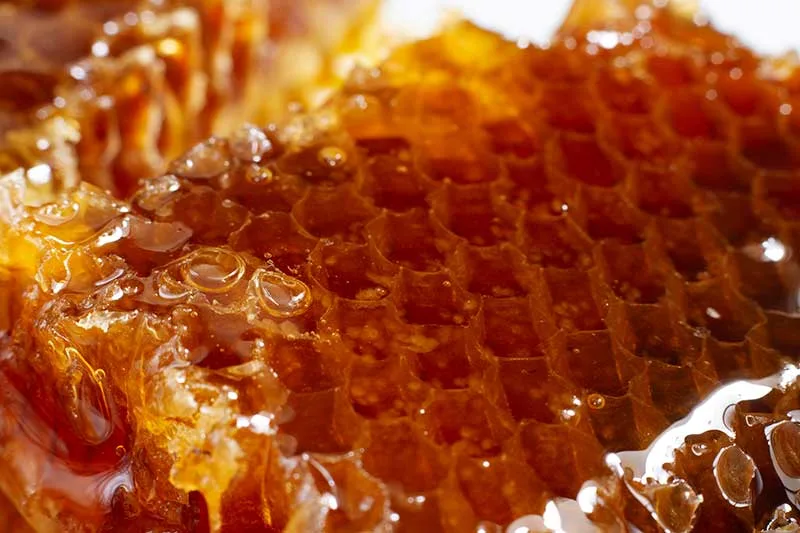
A great time to add natural honey to your cup of hot tea is during winter. Raw honey relieves sore throat symptoms and reduces coughing. Combining it with chamomile tea or ginger tea creates a wonderful taste and helps to strengthen the immune system. Of course, it should be noted that honey still contains natural sugar (glucose and fructose) and calories, so it should be consumed in moderation, especially for those with diabetes.
#4 Maple Syrup
Maple syrup is a thick, golden liquid extracted from the sap of the maple tree. Maple syrup as a natural sweetener is more popular in North America, especially in Canada. With its special, earthy taste, your sweet tea experience will be a novel and pleasant one. What differentiates maple syrup from white sugar is the presence of minerals such as manganese, iron, zinc, and calcium in it. Elements that are almost absent from regular sugar.
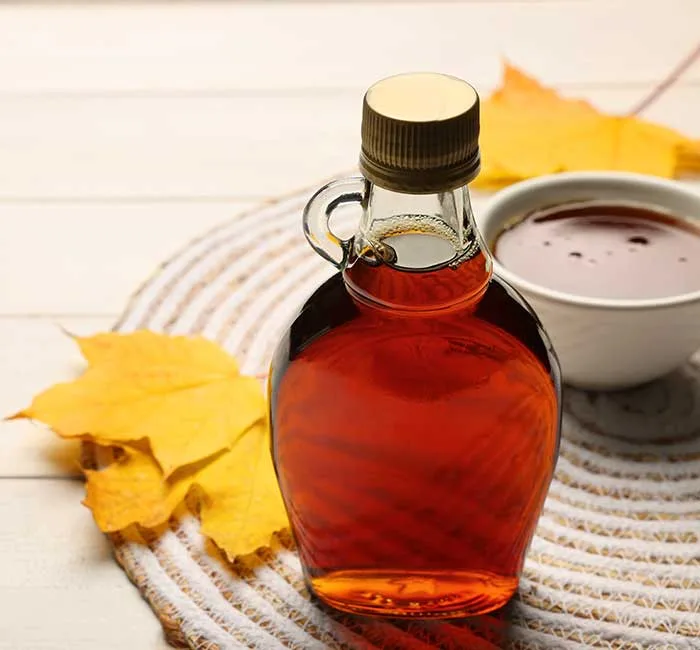
Maple syrup also contains antioxidants that help protect cells against cancer. This makes it a good choice for those looking for a healthier. While maple syrup is widely used to sweeten pancakes or waffles, it is still a great alternative for white sugar when you want to sweeten your traditional or herbal tea. But remember, most store-bought maple syrups may contain added sugar and should be consumed in moderation.
#5 Molasses
Molasses, a.k.a. sugarcane juice, is a byproduct of the process of extracting sugar from sugarcane or sugar beets. Unlike refined sugar, molasses is rich in nutrients and minerals. Its dark and thick consistency, known as blackstrap, has significant amounts of iron, calcium, magnesium, and potassium, and is also considered a nutritional booster.
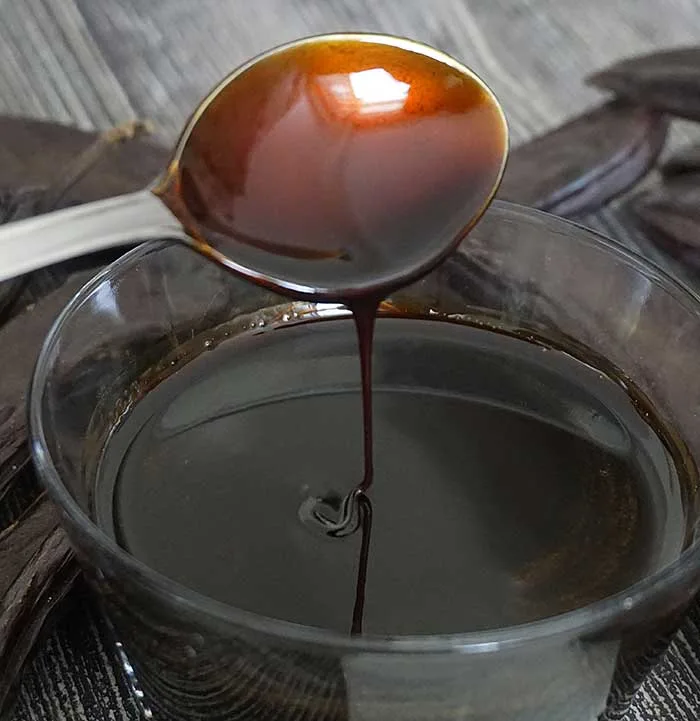
Molasses’ taste is unique and slightly bitter. It’s close to caramel. This taste makes it a perfect sweetener for cinnamon teas, strong black teas, or even black coffee. Some people use it as an organic source of iron for anemia. In fact, with every spoonful of molasses, not only sweeten your drink, but it also gives you a portion of your daily vital mineral requirements.
Conclusion
Sweetening tea is a delightful and time-honored tradition, but if this sweetness is provided through white sugar, it can become a health threat over time. Chronic diseases such as diabetes, obesity, fatty liver, and chronic inflammation can all be rooted in consuming too much sugar. Instead, nature has given us healthier options. Stevia and monk fruit, with no calories and no impact on blood sugar, are safe options for diabetics or those on a diet. Although raw honey, maple sap, and molasses contain sugar, they have higher nutritional value and specific healing properties. These sweeteners not only give a special and different taste to your cup of tea, but also can be part of your healthy diet if consumed in moderation. By choosing wisely, you can enjoy drinking tea without compromising your health. Maybe it’s time to put away the sugar spoon and invite nature into your tea instead.
